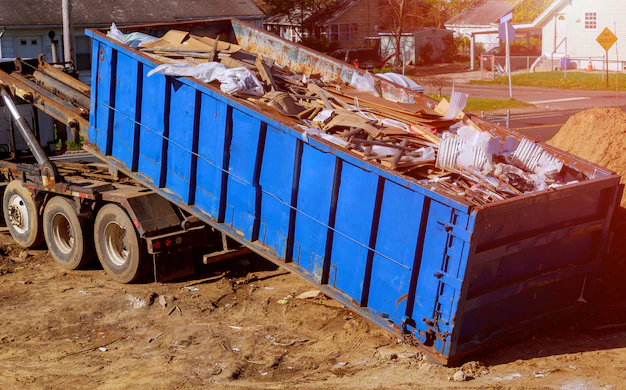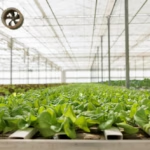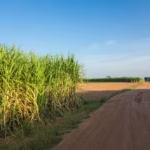Farm waste management equipment plays a crucial role in sustainable agriculture by addressing the challenges associated with agricultural waste and promoting environmentally friendly practices. Here are some key reasons why farm waste management equipment is important in sustainable agriculture:
- Waste reduction and resource recovery: Farm waste, such as crop residues, manure, and food processing byproducts, can be effectively managed using specialized equipment. This equipment helps reduce waste by converting it into valuable resources. For example, manure can be processed into organic fertilizer, crop residues can be used for composting, and food processing byproducts can be turned into animal feed. By recovering and reusing these resources, farmers can minimize waste generation and reduce their reliance on synthetic fertilizers and other external inputs.
- Environmental protection: Unmanaged agricultural waste can have negative environmental impacts. For instance, the release of untreated manure into water bodies can lead to water pollution, while the burning of crop residues contributes to air pollution. Farm waste management equipment offers sustainable alternatives to minimize these environmental hazards. By properly treating and processing waste, these equipment help prevent contamination of soil, water, and air, safeguarding ecosystems and reducing greenhouse gas emissions.
- Nutrient management and soil health: Farm waste management equipment enables farmers to optimize nutrient management and enhance soil health. Organic waste, such as crop residues and manure, contains valuable nutrients that can be recycled back into the soil. By using equipment like composters, digesters, and biochar systems, farmers can transform waste materials into nutrient-rich organic amendments. Applying these amendments to the soil helps replenish nutrients, improve soil structure, increase water-holding capacity, and enhance overall soil fertility.
- Energy generation: Some farm waste management equipment, such as anaerobic digesters, offer the opportunity to generate renewable energy. Anaerobic digestion converts organic waste, like animal manure, into biogas, which can be used as a source of renewable energy for heating, electricity generation, or vehicle fuel. By utilizing farm waste for energy production, farmers can reduce their dependence on non-renewable energy sources and contribute to the development of a sustainable energy system.
- Compliance with regulations: Proper management of agricultural waste is often required by regulations and environmental policies. Farm waste management equipment helps farmers meet these regulatory requirements by providing effective and efficient waste management solutions. Compliance with waste management regulations not only avoids legal issues but also demonstrates a commitment to sustainable practices and responsible stewardship of the land.
Farm waste management equipment is essential for sustainable agriculture as it enables waste reduction, resource recovery, environmental protection, nutrient management, energy generation, and regulatory compliance. By adopting these equipment and practices, farmers can contribute to a more sustainable and resilient agricultural system while minimizing the negative impacts of waste on the environment.







